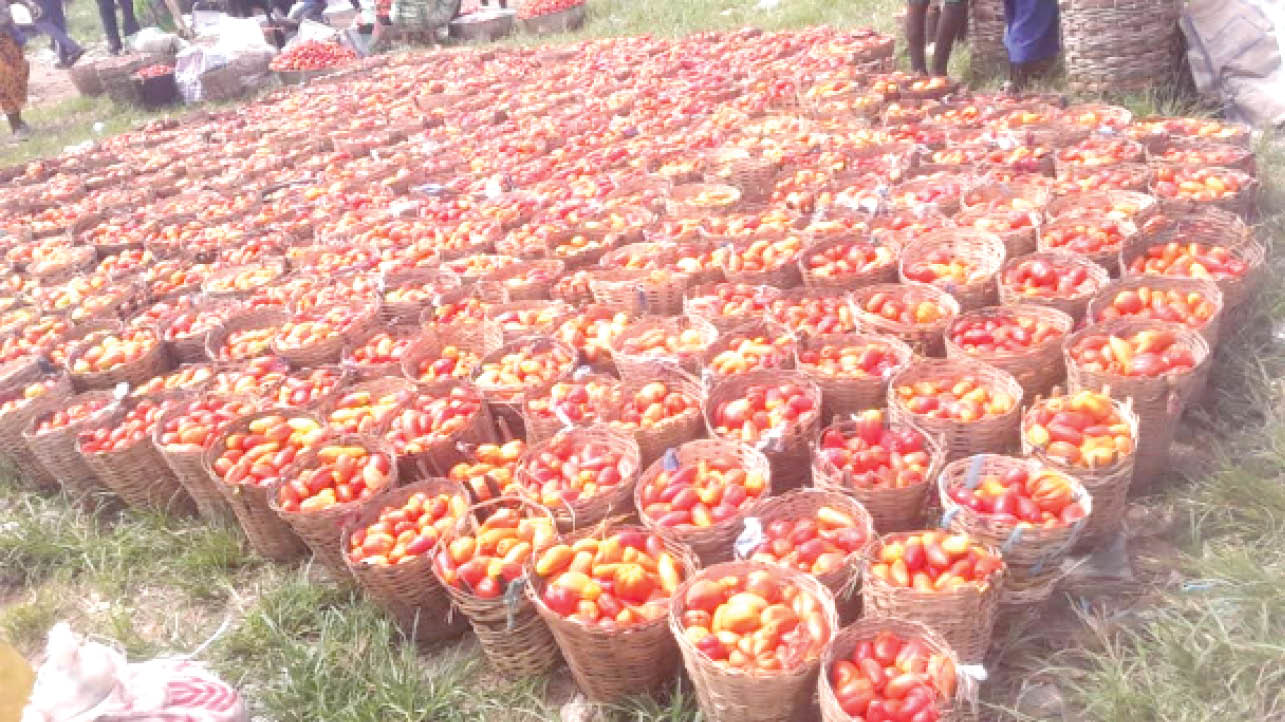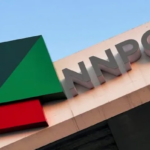Tomato farmers in Katsina State are struggling to recoup their investments as the market value of the produce has declined in recent times.
Despite the huge cost of production hinged on fuel subsidy removal, which triggered more than 100 per cent rise in the prices of inputs, earnings from sales left many in losses.
The farmers said they had spent a lot in fuelling their watering machines, pesticides and fertiliser, among other things.
Halliru Sani, a farmer in Tafoki Faskari Local Government Area, said their expectations were to make huge revenue this year, going by the way many farmers avoided producing the crop for lack capital.
- Why Yobe rice farmers face tougher decision this year
- Traders worry over rising extortion on Nigeria-Benin border
“Because of the high cost of fuel, fertiliser and other inputs, many of us would rather go for cabbage, and that makes us to produce tomato in anticipation of making huge profit, but unfortunately, the result is contrary to our expectations. The price in our local markets is poor,” Sani said.
He attributed the development to the selfish interest of tomato dealers and middlemen, who, according to him, always connives against local farmers.
“The dealers or middlemen have dominated the markets, to the extent that a farmer has no direct contact with buyers. They dictate the business by buying the produce right in the farms and moving it to markets, where they maximise profit. Farmers only have leverage in the markets when the produce is acutely scarce,” he added.
He also said that even during the last Sallah celebration, they sold a crate of tomato at N3,500 before it went down to N2,000. However, prices appreciated a little few days ago as a crate was sold between N4,000 and N5,000, but many farmers had already lost a chunk of their revenue.
Another farmer in Funtua, Shu’aibu Aminu, said many of them incurred losses, having battled tutaabsoluta, a disease that nearly ravaged their crops.
“Apart from the huge cost of fuel and fertiliser, we suffered a serious attack by tutaabsoluta, which required periodic application of costly pesticides to mitigate. If we add up the total cost and compare it with the prevailing market price, we are losing.
But those who mixed it with cabbage have advantage over us,” Aminu said.
He advised farmers to desist from producing a single crop at a ago in order to safeguard their huge investments.
One of the tomato dealers in Danja, Hamza Idris, said farmers were always finding a way of putting the blame on dealers, especially when the market price is not favourable to them.
“Most of our farmers here are locals that cannot make a way in the market without our input. Part of our duties is to connect buyers from far and near with farmers in their localities, but whenever there is a drop or fluctuation in the market price of the produce, farmers will put the blame on us. But when things are in their favour, they will not give us commendation,” Idris said.
He added that the forces of demand and supply were always the determining factor of market prices, and in the case of tomato, which is perishable, there is no way a dealer or middleman can hoard it or manipulate its price.
Our correspondent observed that since Sallah celebration, people have been enjoying low price of the produce in local markets, apart from capsicum (bell pepper) and pepper, which are produced in far northern parts of the state.

 Join Daily Trust WhatsApp Community For Quick Access To News and Happenings Around You.
Join Daily Trust WhatsApp Community For Quick Access To News and Happenings Around You.